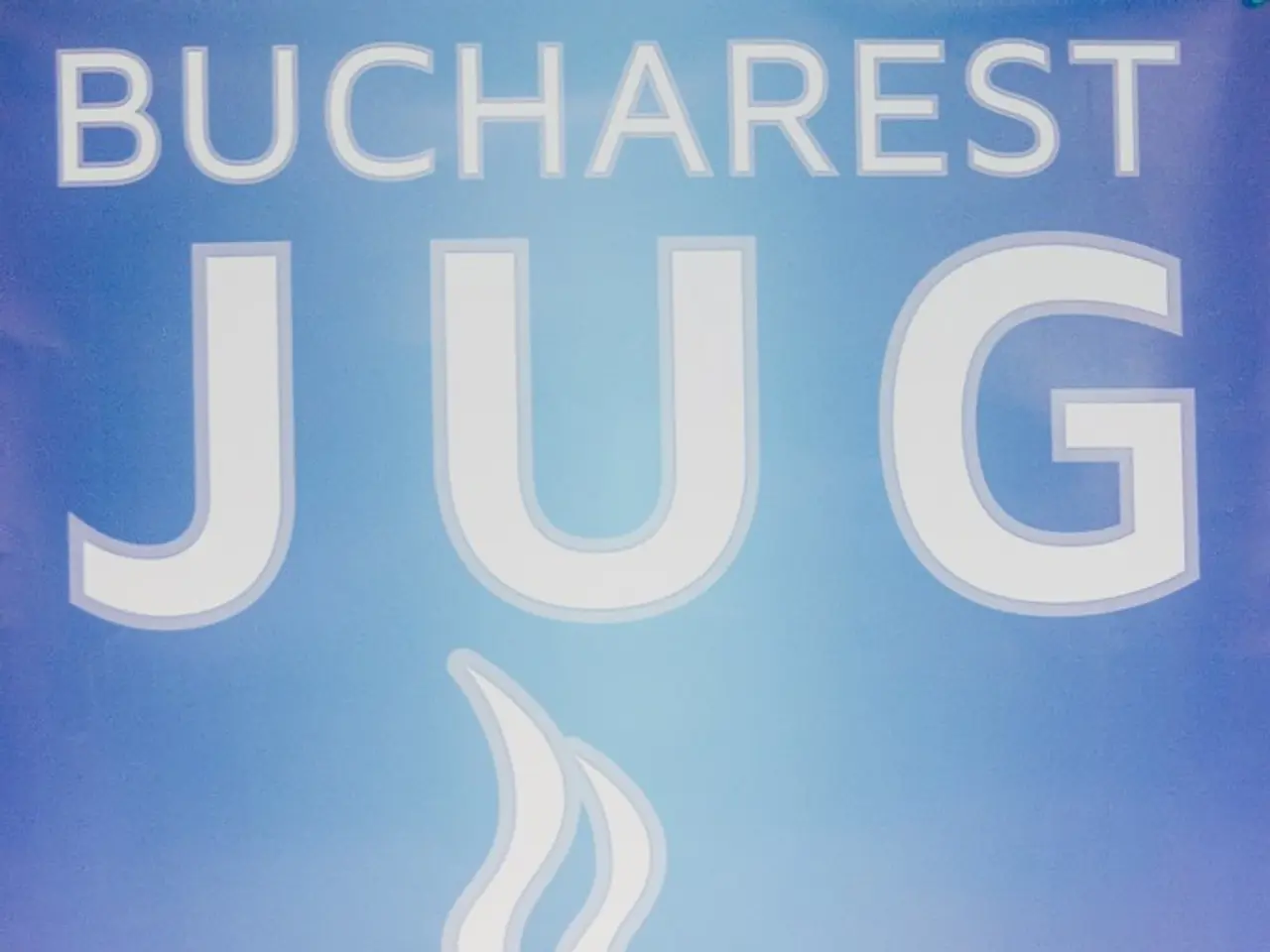Controversy Surrounding the Usage of Ad-Blocking Software
In a recent development, the Federal Court of Justice (BGH) in Germany has returned a partial verdict in the ongoing legal dispute between media publisher Axel Springer and ad blocker provider Adblock Plus. The controversy revolves around the question of whether the use of ad blockers like Adblock Plus is permissible under copyright law.
Axel Springer, a major player in the media industry, has been vocal about its concerns that ad blockers, such as Adblock Plus, are damaging the integrity and financing basis of journalism and endangering open access to opinion-forming information on the internet. The BGH, however, did not settle the matter fully but sent the case back to the lower court to reconsider the legality of ad blockers in this context. This procedural decision marks a partial win for Axel Springer but leaves the substantive copyright issues open for further judicial examination.
The subject of the controversy is the Adblock Plus software from the Cologne-based company Eyeo, which blocks ads on websites. The ad blocker recognizes and removes ads by analysing the source code of the website and identifying elements that represent ads, such as certain commands ("tags") in the HTML language of the website. It also examines the addresses ("URLs") of web servers. If the address is associated with a server of an advertising service provider, it can prevent content from being loaded and displayed from there.
Eyeo continues to advocate for the protection of users' freedom and digital self-determination. The company argues that no company should be allowed to prohibit users from determining their own browser settings or force downloads of content or tracking. Springer, on the other hand, is relying on copyright law in its second attempt, arguing that ad blockers alter the programming codes of websites and infringe upon the copyright-protected offer of media companies in a way that is contrary to the constitution.
In the first case before the BGH, Axel Springer tried to stop Adblock Plus with an antitrust lawsuit, but the BGH ruled that Eyeo's offer did not constitute unfair competition or illegal aggressive business practices. The financial damages for media offerings, as previously stated by Springer's lawyer Thomale, are in the millions.
The BGH criticized the OLG ruling for not being clear about which protected subject matter it was based on. The court also found the findings on the question of whether the underlying code is being interfered with to be "unclear and contradictory," according to the presiding judge, Thomas Koch. The Hamburg court did not sufficiently consider Springer's statements about the particularities of a browser.
The BGH did not wait for an ECJ ruling on a similar case involving cheat software to announce its ruling. The current status of the legal dispute between Axel Springer and Adblock Plus indicates that the dispute continues in Germany’s court system with copyright law as a central focus. No newer or definitive resolution is indicated in the latest reports as of late July 2025.
[1] This article is a summary of the current status of the legal dispute between Axel Springer and Adblock Plus at the Federal Court of Justice (Bundesgerichtshof, BGH) in Germany. The BGH has returned the case to the lower court for a new trial and decision in Hamburg regarding the admissibility of ad blockers under copyright law. This procedural decision marks a partial win for Axel Springer but leaves the substantive copyright issues open for further judicial examination.
Technology plays a significant role in this ongoing legal dispute between Axel Springer and Adblock Plus, as the Adblock Plus software from Eyeo utilizes technology to analyze website source code and block advertisements. Furthermore, the controversy revolves around the question of whether the use of ad blockers like Adblock Plus infringes upon copyright law, highlighting the complexities involved in the intersection of technology and intellectual property rights.




